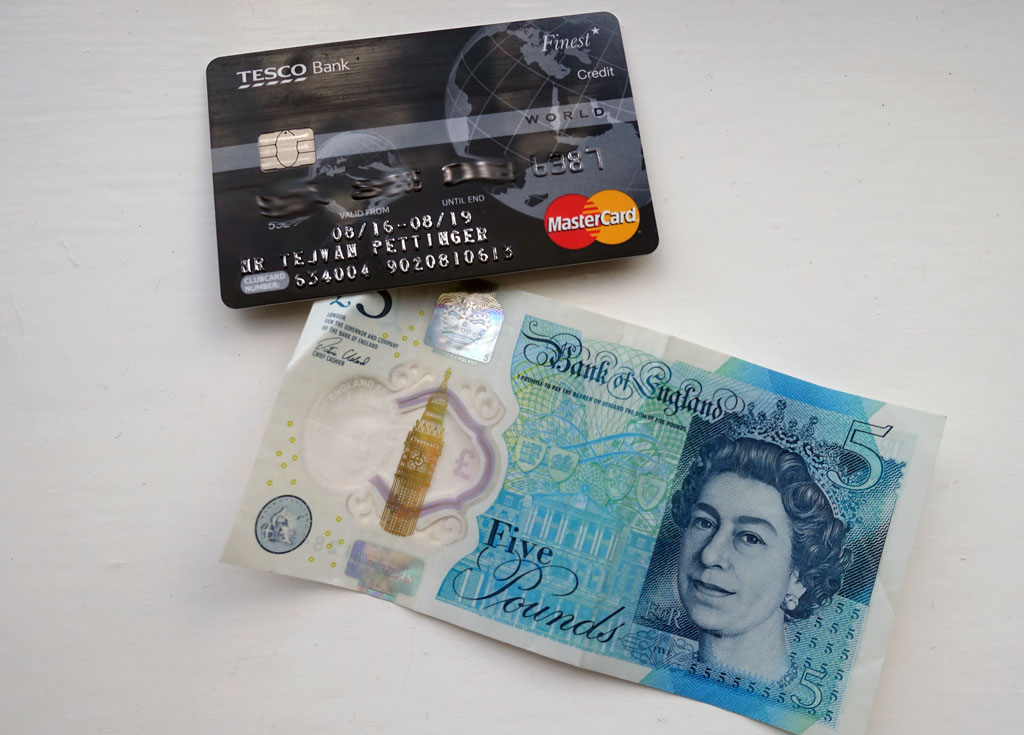The battle for market share in UK supermarkets
The UK grocery market has become increasingly competitive in the past few years. It is a good example of an oligopoly becoming more competitive. Certainly, the growing strength of discount giants like Aldi and Lidl have really shaken up the market and diluted the cosy oligopoly previous enjoyed by the likes of Tesco and Sainsbury. …

